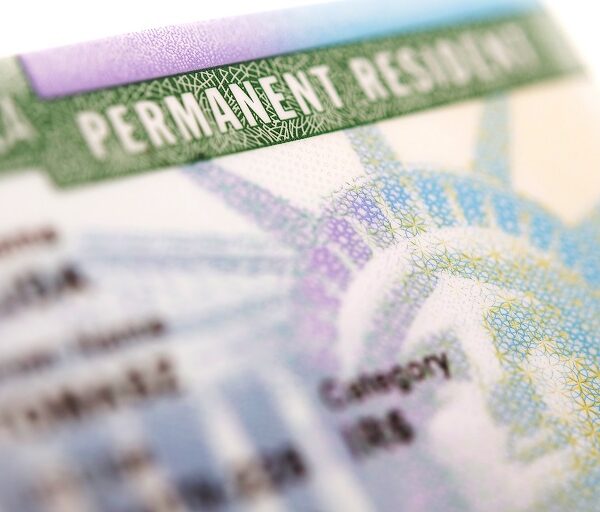Introduction to Teaching in New Zealand
Teaching in New Zealand presents a unique opportunity for educators around the world. Known for its stunning landscapes, rich culture, and progressive education system, New Zealand is not just a beautiful place to live; it also offers an enriching environment for teachers. This comprehensive guide will explore the various opportunities for teaching in New Zealand, including the requirements, benefits, and the application process.
Why Teach in New Zealand?
New Zealand is renowned for its high-quality education system and emphasis on student well-being. Here are some reasons why teaching in New Zealand can be an attractive option:
- High Standard of Living: New Zealand consistently ranks highly in global quality of life indices. The balance of work and personal life is highly valued.
- Innovative Education System: The country places a strong emphasis on modern teaching methods and inclusive education practices.
- Diverse Cultural Landscape: Teachers have the opportunity to engage with a rich tapestry of cultures, including Māori and Pacific Islander communities.
- Professional Development: There are numerous opportunities for ongoing professional development and career advancement.
Requirements for Teaching in New Zealand
Before you can teach in New Zealand, you must meet certain requirements. This includes educational qualifications, teaching experience, and registration.
Educational Qualifications
To be eligible to teach in New Zealand, you typically need the following:
- A recognized teaching qualification, such as a Bachelor of Education or equivalent degree.
- Specialized qualifications for certain subjects, especially in high-demand areas such as mathematics and science.
Teaching Experience
Most schools prefer candidates with teaching experience. While some entry-level positions may be available for recent graduates, having at least two years of teaching experience can enhance your chances of securing a role.
Teacher Registration
In New Zealand, all teachers must be registered with the Teaching Council of Aotearoa New Zealand. The registration process involves:
- Submitting proof of your qualifications and teaching experience.
- Passing a criminal background check.
- Demonstrating proficiency in English, either through an IELTS score or equivalent.
Types of Teaching Positions Available
New Zealand offers a variety of teaching positions across different educational levels and specialties:
Primary and Secondary Schools
Teachers can find opportunities in both primary (ages 5-12) and secondary schools (ages 13-18). There is a demand for teachers in subjects such as:
- Mathematics
- Science
- English
- Special Education
Early Childhood Education
Early childhood educators are also in high demand. This field focuses on teaching children from birth to age 5 and requires specific qualifications in early childhood education.
Special Education
New Zealand is committed to inclusive education, and there is a growing need for teachers who specialize in special education. Those with skills in working with children with disabilities or learning difficulties are particularly sought after.
The Application Process
If you are considering teaching in New Zealand, understanding the application process is crucial. Here are the steps you will need to follow:
Research Opportunities
Begin by researching schools and educational institutions that align with your teaching philosophy and expertise. Websites and job boards can provide valuable insights into available positions.
Prepare Your Documents
You will need to gather and prepare several documents:
- Your teaching qualifications and transcripts.
- A comprehensive CV/resume detailing your teaching experience.
- References from previous employers or colleagues.
Apply for Positions
Once you have identified potential schools, start applying. Tailor your cover letter and CV to highlight your skills and experiences that are relevant to the position.
Interview Process
If selected for an interview, be prepared to discuss your teaching philosophy, classroom management strategies, and ways to engage with students from diverse backgrounds.
Benefits of Teaching in New Zealand
Teaching in New Zealand comes with numerous benefits that enhance both personal and professional life:
- Competitive Salary: Teachers in New Zealand receive competitive salaries that reflect their qualifications and experience.
- Work-Life Balance: The education system promotes a healthy work-life balance, allowing educators to enjoy their personal lives.
- Supportive Community: Teachers often find themselves in a supportive professional community, fostering collaboration and shared learning.
- Pathways to Permanent Residency: Teaching in New Zealand can lead to opportunities for long-term residency for skilled professionals.
Challenges of Teaching in New Zealand
While there are many benefits, it’s essential to be aware of potential challenges:
- Cost of Living: The cost of living in some areas, particularly in cities like Auckland and Wellington, can be high.
- Adjustment Period: Moving to a new country can be challenging, and adjusting to a different educational system may take time.
Conclusion
Teaching in New Zealand is a rewarding opportunity for educators looking to expand their horizons. With a strong education system, competitive salaries, and an emphasis on work-life balance, it is no wonder that many teachers are drawn to this beautiful country. If you meet the requirements and are ready for an adventure, New Zealand could be the perfect place for you to take your teaching career to new heights. Whether you are a seasoned educator or a recent graduate, the opportunities for personal and professional growth are endless. Embrace the journey and explore what teaching in New Zealand has to offer!







